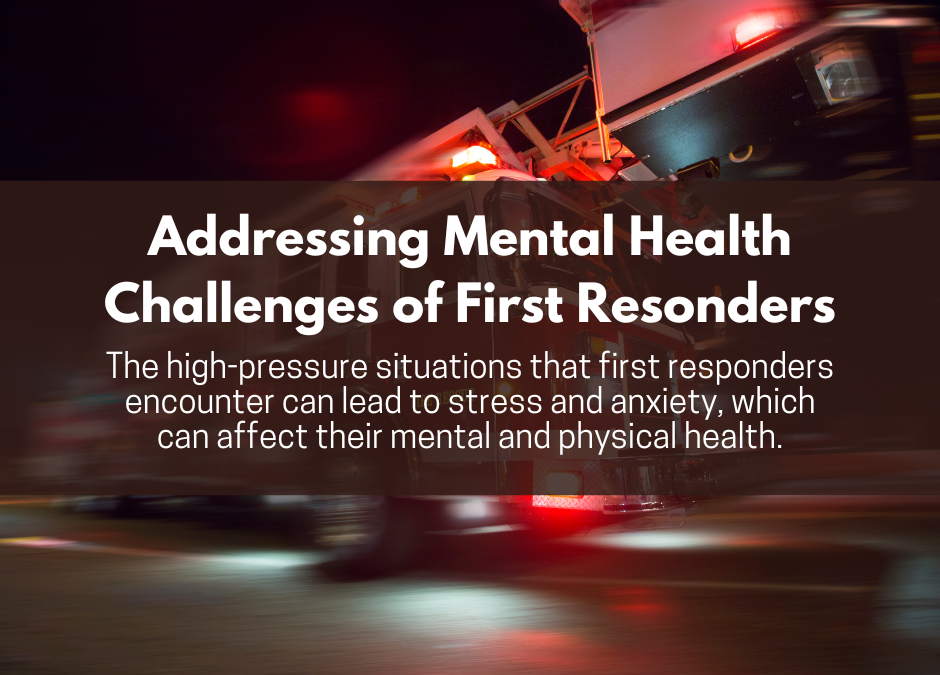First responders, including police officers, firefighters, and EMS personnel, are exposed to high levels of stress, anxiety, and traumatic events as part of their job. This can lead to several mental health challenges, including post-traumatic stress disorder (PTSD).
The high-pressure situations that first responders encounter can lead to stress and anxiety, which can affect their mental and physical health. Stress and anxiety can lead to fatigue, irritability, difficulty sleeping, and other symptoms that can impact job performance and overall well-being.
Post-traumatic stress disorder (PTSD) is a mental health disorder that can develop after experiencing or witnessing a traumatic event. First responders are at increased risk of developing PTSD due to the nature of their job. Symptoms of PTSD can include flashbacks, nightmares, avoidance of triggers, and hyperarousal.
It is essential to have strategies in place to prevent and manage stress, anxiety, and PTSD for first responders. Paul Normandin, Sr. Project Manager for Capital Strategic Solutions has experience in developing programs to remove the stigma associated with mental health issues for first responders, is experienced in sourcing funding to implement mental health programs for first responders.

